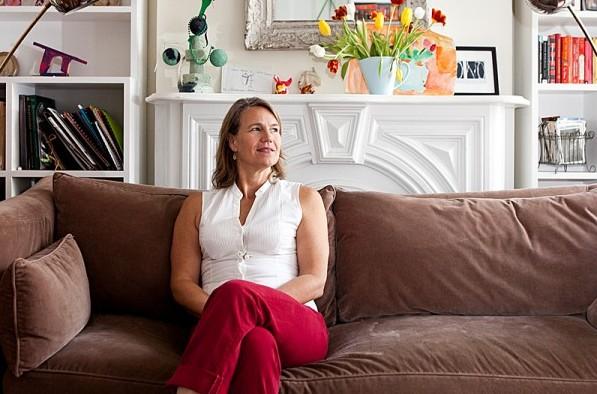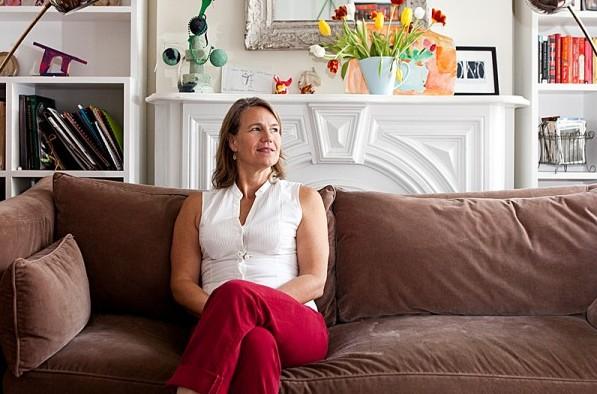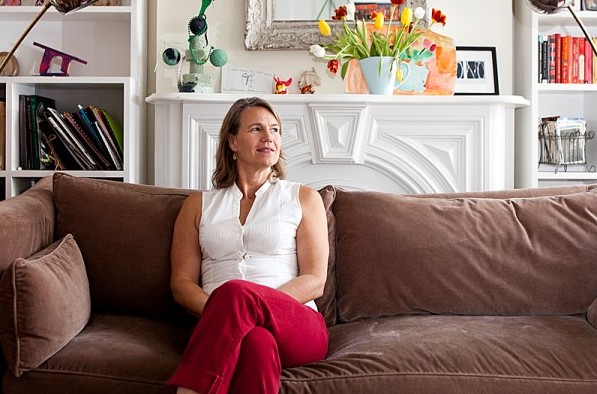Biking to work in a tight skirt may not be conventional, but then again, Cecilia Clarke is not a conventional person. Her voice is boisterous, but not obtrusive. Her passion for life and creating change exists, but it is not overbearing. She possesses a balance between observing and taking action.
Clarke holds a BA in Arts from Georgetown, has raised three children, and has enjoyed a successful professional life—but she did not get there by toeing the line of tradition.
Clarke bucks tradition to start her day the way she bucks tradition in her house. Unlike many New Yorkers who rely on their coffee pot to jolt them awake, Clarke prefers the subtle nudge tea offers. “I think tea came mainly because of a dislike of coffee. It made me too jittery. Plus I think it is just a nicer ritual,” she said while sipping a cup of black tea in her kitchen in Fort Greene, Brooklyn, on a sunny Friday morning in March.







